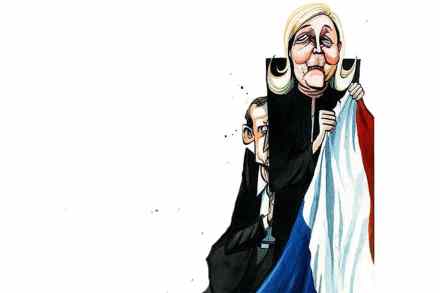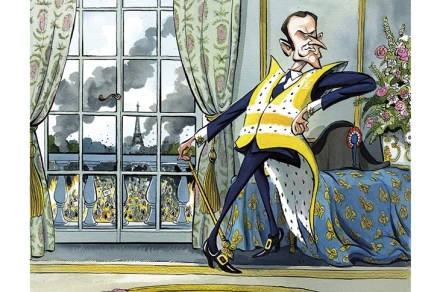Is this the end of Marine Le Pen?
Today’s election in France is likely to be a joyless, miserable affair for the electors who will dutifully turn out. The outcome is preordained. French voters who supported the re-election of Emmanuel Macron are unlikely to exhibit much enthusiasm when he wins tonight. If there are fireworks in the streets this evening, they’ll probably be aimed at the police. Those who voted for Marine Le Pen will have equally little to celebrate. They may avert the humiliation of the 66-34 per cent defeat in 2017. But this will be the third successive defeat for Mme Le Pen, following five failed runs by her papa, Jean-Marie Le Pen. This hereditary candidacy




